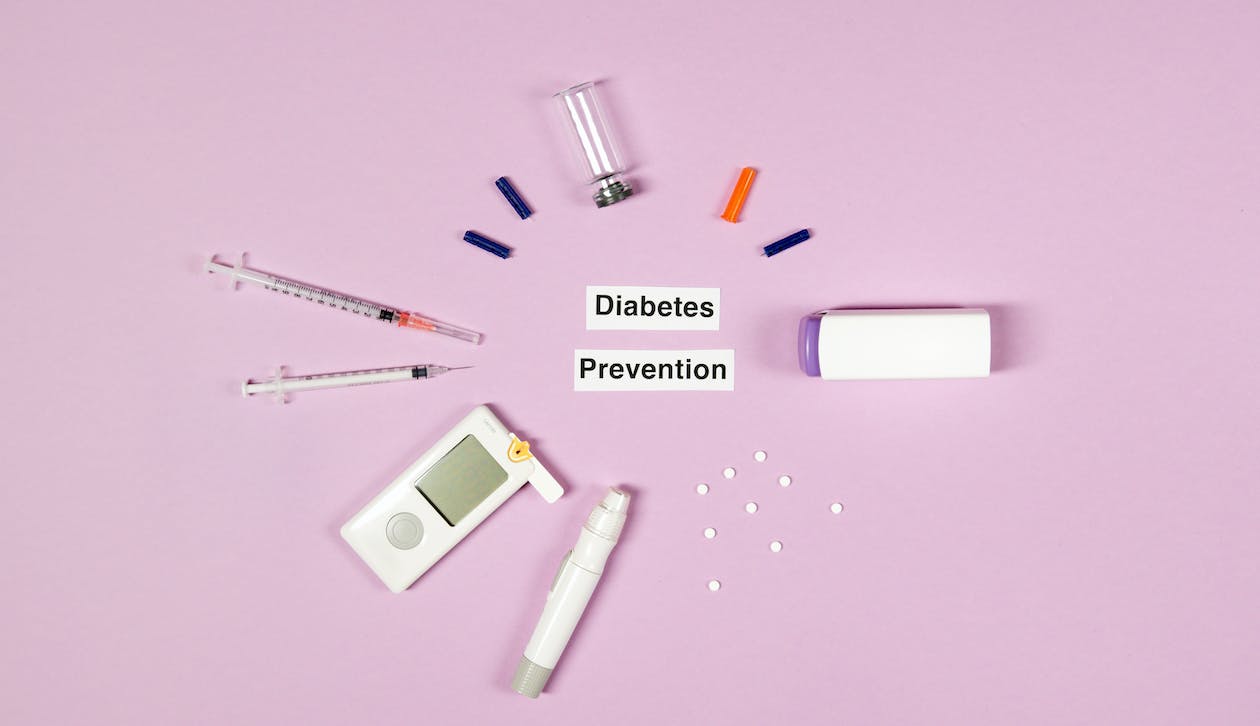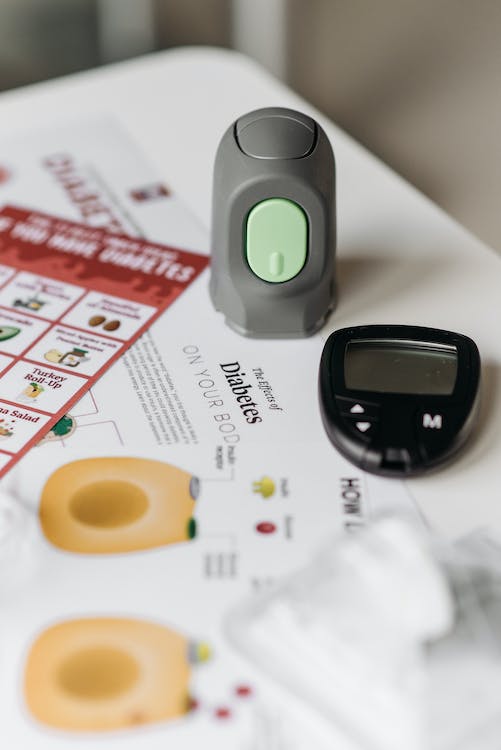Diabetes cases are on the rise globally. With many people with metabolic disorders, having the correct information about the condition is essential to manage and controlling it better. There are many myths about the condition associated with its management. Living according to those myths can be detrimental to the health of a person diagnosed with the condition while causing unfair stigma around the condition.
Here are some diabetes myth-busters that you shouldn’t continue to believe if you want to manage diabetes effectively.
Stop Medication When You Have Your Sugar Under Control
 While diabetes can be controlled to improve the quality of life, it cannot be eliminated. It would help if you did not stop or alter your medication unless when directed by your doctors. This is because the prescribed medicine helps produce or control insulin in your body. However, you should ensure the doctor periodically reviews your medication and dosage.
While diabetes can be controlled to improve the quality of life, it cannot be eliminated. It would help if you did not stop or alter your medication unless when directed by your doctors. This is because the prescribed medicine helps produce or control insulin in your body. However, you should ensure the doctor periodically reviews your medication and dosage.
Injecting Insulin Will Hurt
Contrary to what you might think, injecting insulin does not hurt. If you practice a good injection technique, your injection should be painless. If you experience any pain, ensure you get help from your primary care provider to help you learn the proper technique.
Some of the proper injecting techniques involve rotating the injection site to prevent the tissue scar from building up. It is also important to avoid injecting near your navel, groin area, joints, in the middle of the stomach, and around any existing scars.
You Should Be Completely Off Alcohol
Occasionally adding two or three drinks to your diet will not harm your body if you have diabetes. It is, however, essential to ensure that you have food or a snack before drinking. The food should be low-carb and full of protein. This will help you avoid going into a dizzy state when you drink.
Your liver is responsible for maintaining glucose levels and breaking down alcohol. When you drink on an empty stomach, the liver prioritizes breaking down the alcohol over balancing the sugar levels. Experts advise you to drink in moderation and avoid sweet wines, bears, sugar mix-ins, and cocktail juices.
Insulin Can Make a Man Impotent
The opposite is a fact. Insulin can save a man from being impotent. How, you ask? When the blood sugar levels of a man rise too high and say like that for too long in his cells, it can cause severe never damage. This can lead to severe complications such as loss of vision and impotence.
The damage can either be temporary or permanent based on the severity. Erectile dysfunction or impotence is often caused by nerve damage and can sometimes be reversed by controlling diabetes. However, it is essential to note that vision loss is permanent and non-reversible.
Children Diagnosed with Diabetes Will Eventually Outgrow It
This is a huge misconception. Children diagnosed with type 1 (insulin-dependent version) cannot outgrow the condition. Their bodies are not capable of producing any insulin. It is also important to note that there is nothing you can do to prevent type 1 diabetes; hence you need to be extra careful when caring for a child with the condition.
Borderline Diabetes Is Harmless
 With diabetes, you either have it or you do not. When your doctor tells you, you have borderline diabetes, and you cannot just wish it away. If that is the case, you must be extra careful with your diet and ensure you exercise regularly. It is always better to be safe than sorry with diabetes and learn how to prevent the issue from escalating.
With diabetes, you either have it or you do not. When your doctor tells you, you have borderline diabetes, and you cannot just wish it away. If that is the case, you must be extra careful with your diet and ensure you exercise regularly. It is always better to be safe than sorry with diabetes and learn how to prevent the issue from escalating.
People with Diabetes Cannot Have Sugar
The biggest myth about diabetes is about diet. Most people think people diagnosed with diabetes should only have sugar-free cookies, candies, or diet soda. However, every person’s dietary needs are particular and unique, and people with diabetes are not any different.
People with diabetes should focus on a healthy diet with high quantities of lean protein, leafy greens, and moderate amounts of sodium and avoid saturated fats and processed foods.
Do you want to learn how to manage type 2 diabetes better? Visit Columbia Medical Continuous Glucose Monitoring Systems (CGMS). We are experts in continuous glucose monitoring devices to help you manage Type 1 and Type 2 diabetes with no finger sticks!






 We are experts in Continuous Glucose Monitoring Systems (CGMS). Our CGM devices will help you efficiently manage Type 1 and Type 2 diabetes with No Fingersticks!. Abbot’s Freestyle Libre System will track the glucose levels in your blood and help you determine how much insulin you will need and when you will need it!
We are experts in Continuous Glucose Monitoring Systems (CGMS). Our CGM devices will help you efficiently manage Type 1 and Type 2 diabetes with No Fingersticks!. Abbot’s Freestyle Libre System will track the glucose levels in your blood and help you determine how much insulin you will need and when you will need it!